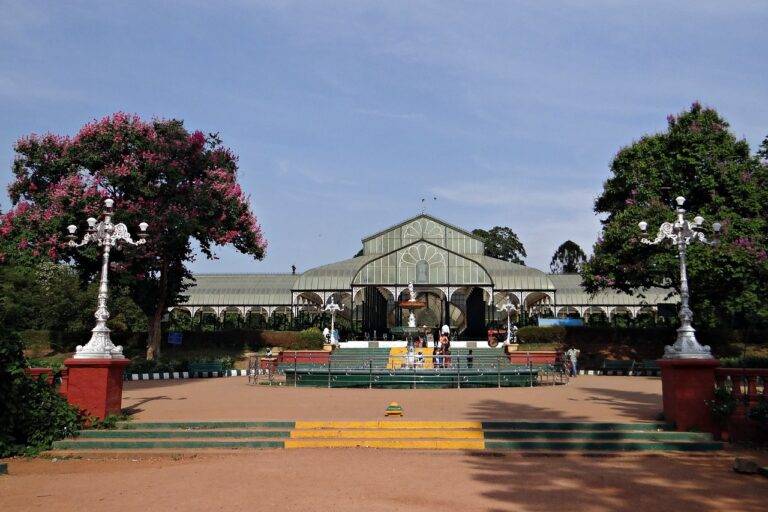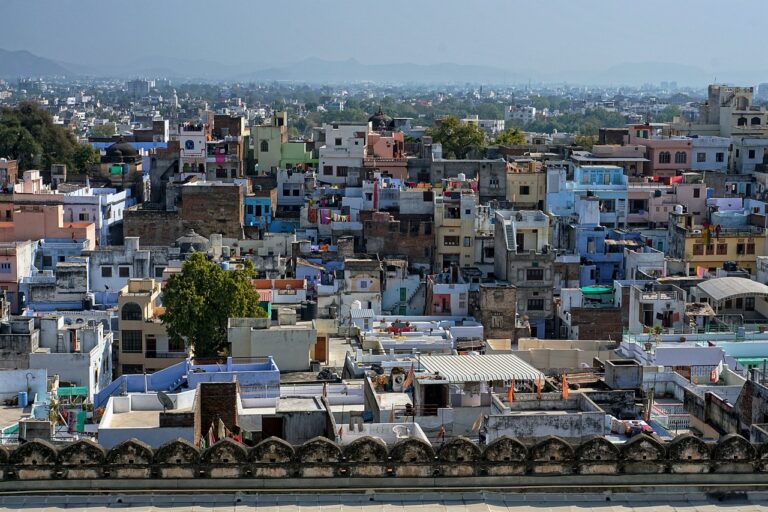The Influence of Globalization on National Elections: 99 exchange bet, Laser247 register, Yolo247
99 exchange bet, laser247 register, yolo247: Globalization has deeply impacted many aspects of our lives, including the way national elections are conducted. With the rise of technology and interconnectedness around the world, the effects of globalization on national elections have become more prevalent than ever.
Influence of Social Media
Social media platforms have played a significant role in shaping the outcomes of national elections. It has become a powerful tool for political campaigns to reach a wider audience and spread their message effectively. Candidates can use social media to connect with voters, share their policies, and even influence public opinion. On the other hand, social media also opens the door to misinformation and fake news, which can sway voters in one direction or another.
Economic Policies
Globalization has made economies more interconnected than ever before. National elections are now influenced by international trade deals, multinational corporations, and global economic trends. Candidates need to consider the impact of their economic policies on the global market and how it will affect their country’s position in the world. Voters, on the other hand, often look at a candidate’s stance on globalization and international trade when making their decision at the polls.
Cultural Influence
Globalization has also led to a blending of cultures around the world. This cultural exchange can influence national elections by shaping people’s values, beliefs, and attitudes towards certain political issues. Candidates need to be aware of these cultural influences and tailor their campaigns to resonate with a diverse audience. Voters, on the other hand, may be more open to candidates who embrace diversity and inclusivity in their platforms.
Security Concerns
The interconnectedness brought about by globalization has also raised security concerns during national elections. Cyberattacks, foreign interference, and disinformation campaigns have become common threats to the integrity of the electoral process. Candidates and governments must take measures to safeguard their elections from these external influences to ensure fair and democratic outcomes.
FAQs
Q: How has globalization changed the way political campaigns are run?
A: Globalization has transformed political campaigns by allowing candidates to reach a wider audience through social media, influencing economic policies, and considering cultural influences.
Q: What role does social media play in national elections?
A: Social media platforms have become a powerful tool for political campaigns to connect with voters, share their policies, and influence public opinion.
Q: How does globalization impact national security during elections?
A: Globalization has raised security concerns during national elections, with cyberattacks, foreign interference, and disinformation campaigns posing threats to the integrity of the electoral process.
In conclusion, the influence of globalization on national elections cannot be understated. From social media to economic policies to cultural influences, the interconnected world we live in today has reshaped the way elections are conducted and outcomes are determined. As we continue to navigate the complexities of globalization, it is crucial for candidates, voters, and governments to adapt to these changes and ensure that the democratic process remains fair and transparent.







